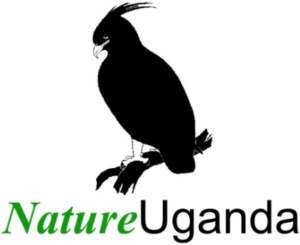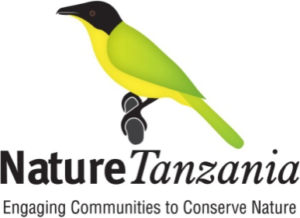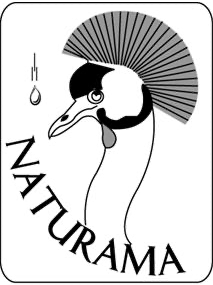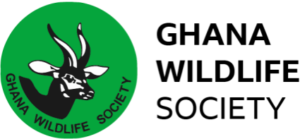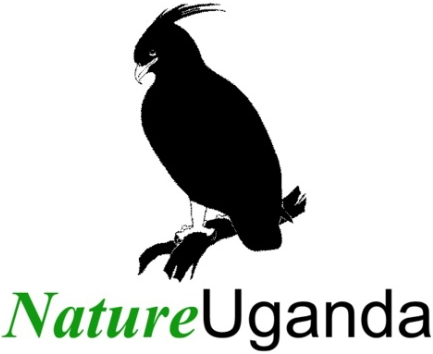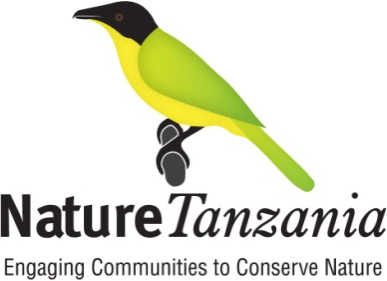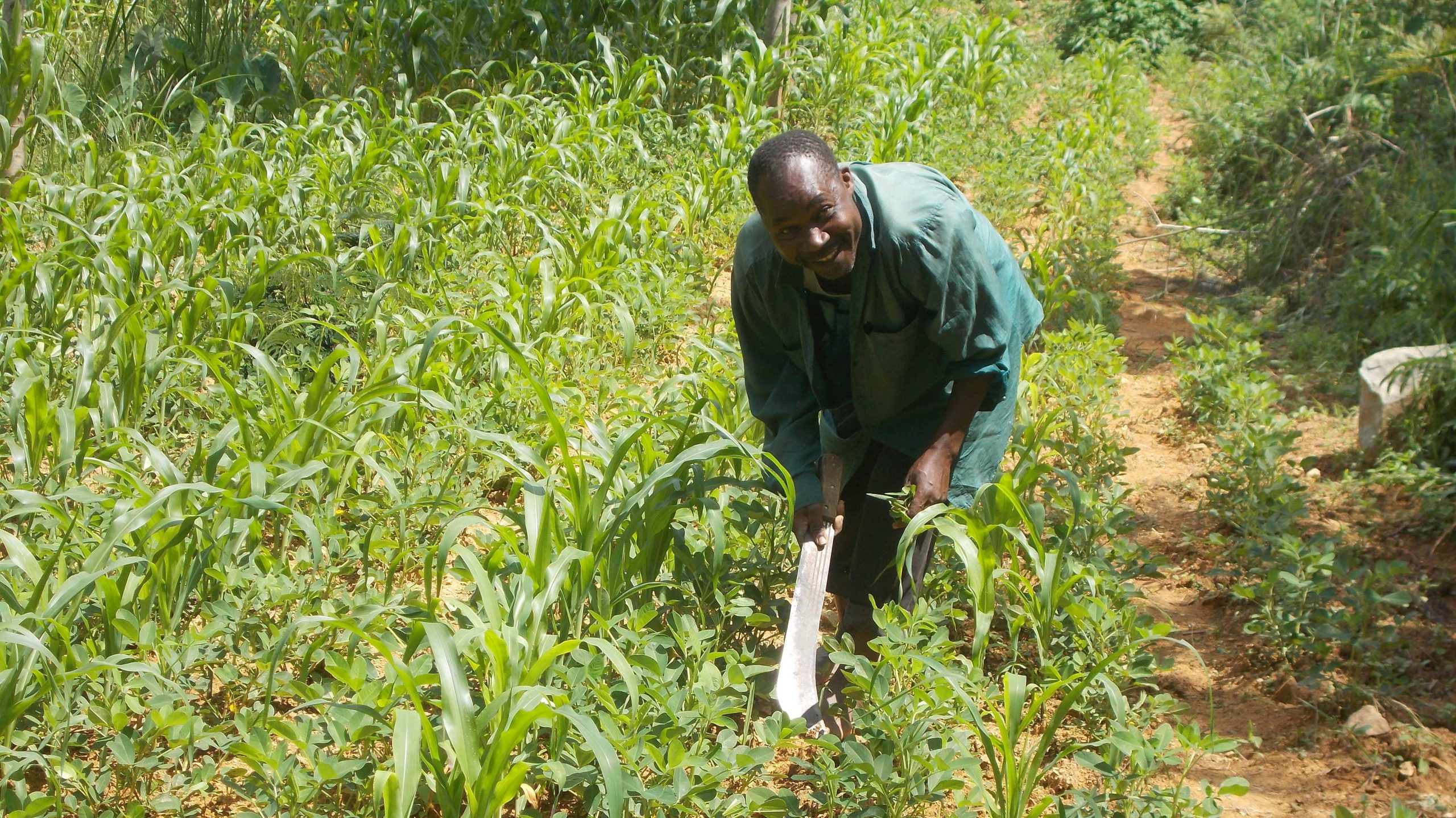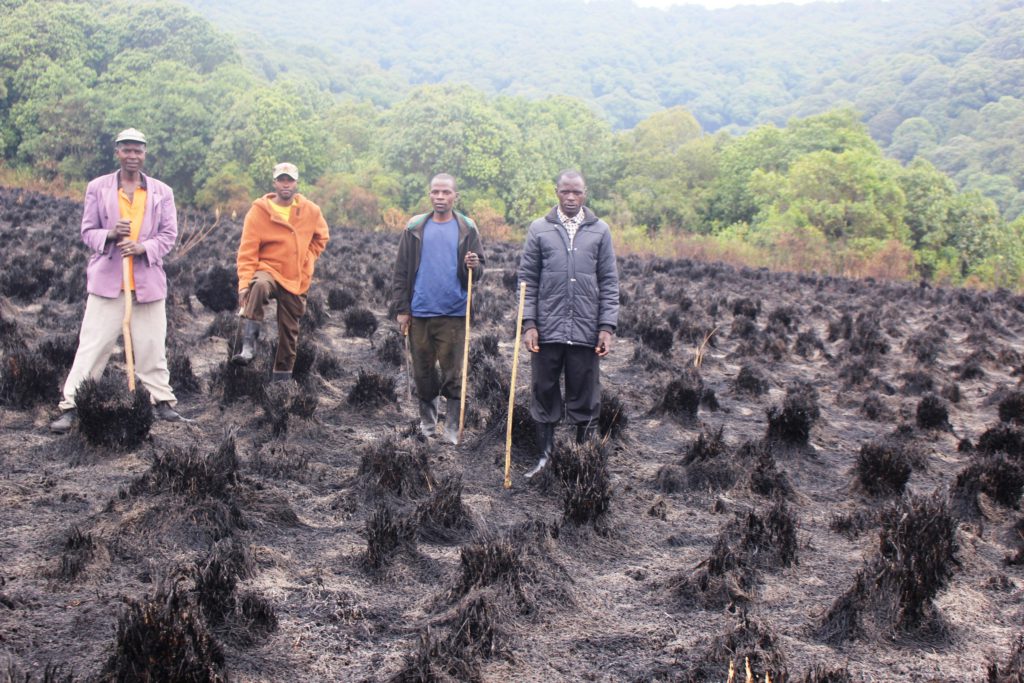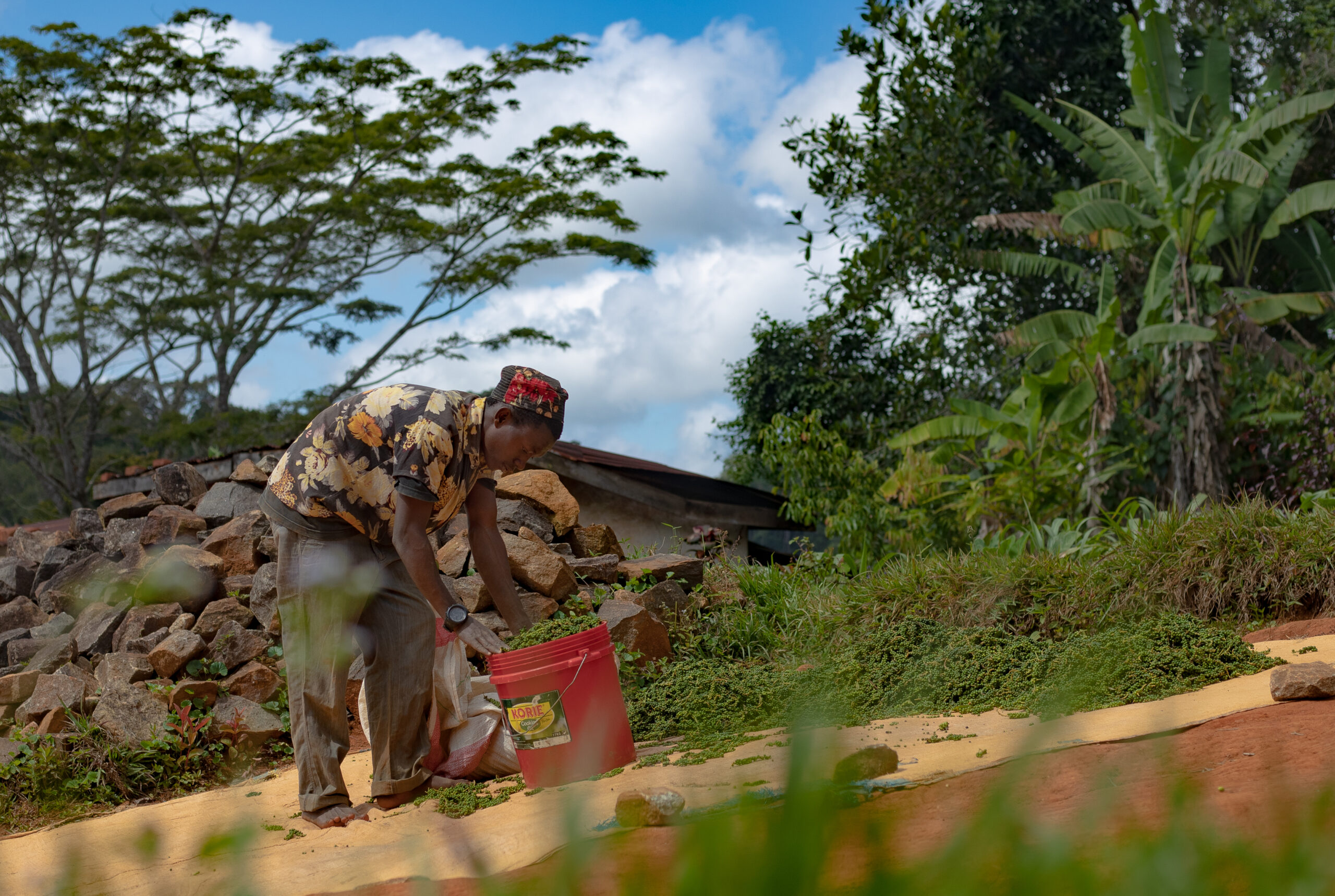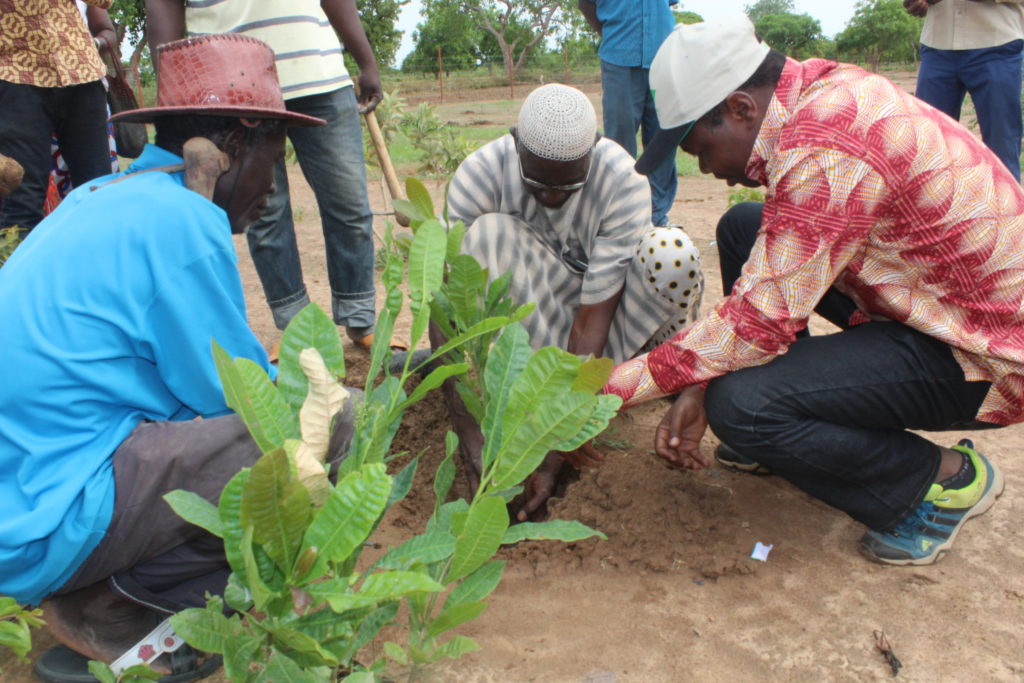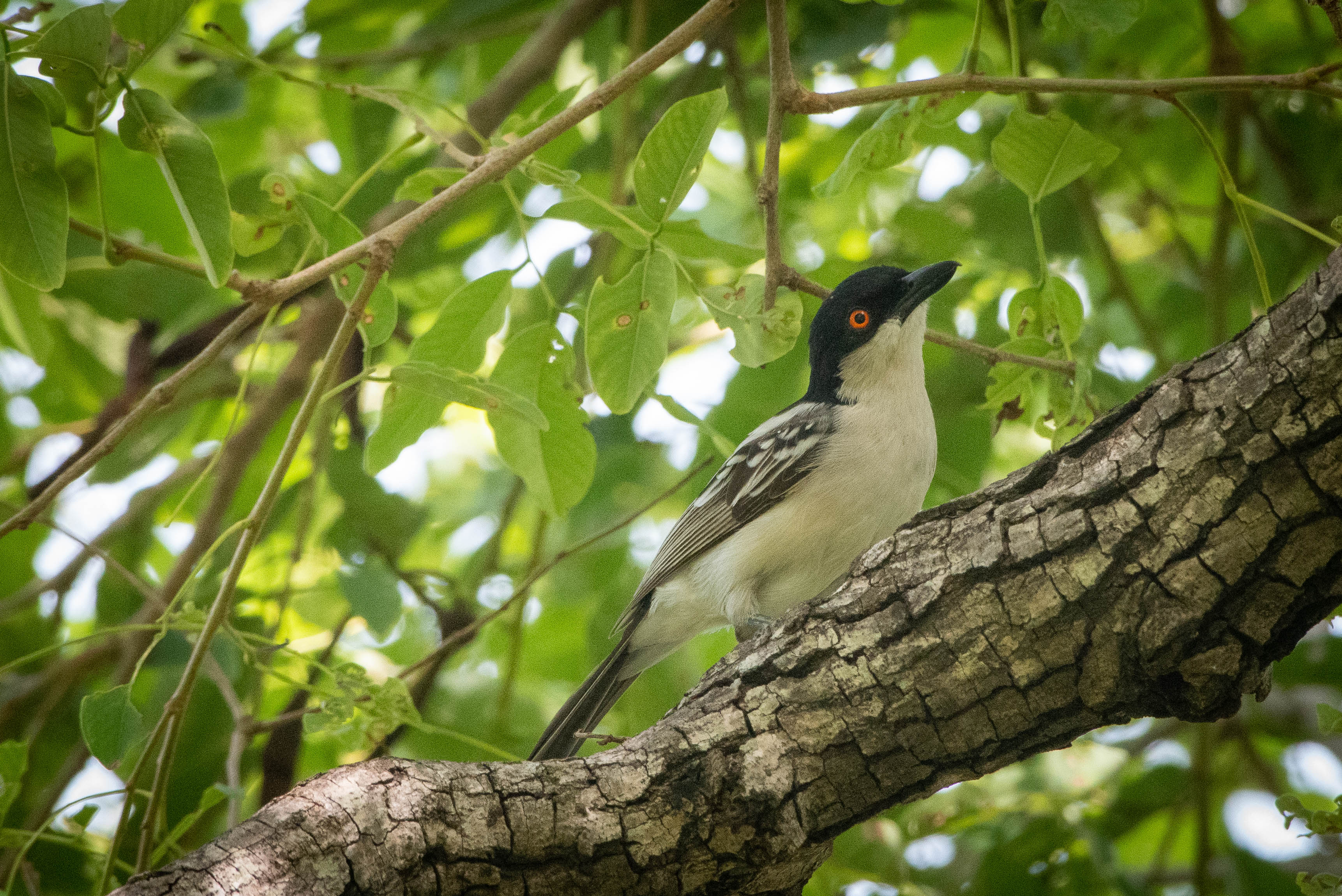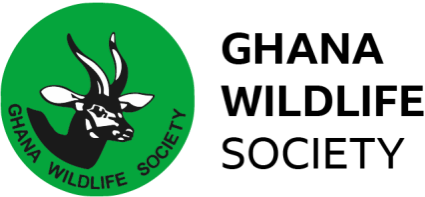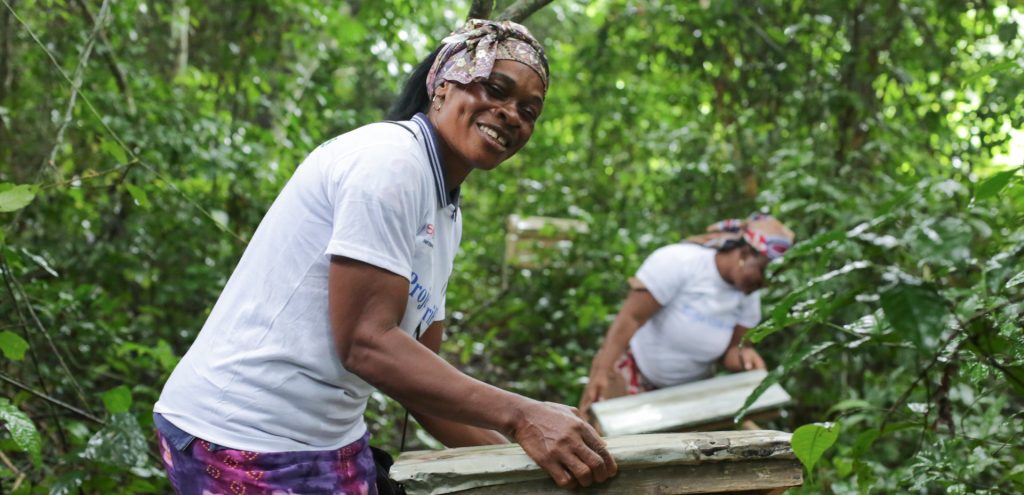
Slide #1
SubTitle
Laughing people in exchange or field learning
Button #1

Slide #2
SubTitle
Cooperation, Organisational development – Interaction with NGO-Partners
Button #1

Slide #3
SubTitle
CSA Picture
Button #1
AfriEvolve – Capacity development for green NGOs in Africa
Les ONG jouent souvent un rôle essentiel dans la société civile du monde entier. Ils travaillent à défendre les intérêts et les besoins des communautés locales et des minorités et à protéger leurs moyens de subsistance naturels. Néanmoins, les ONG locales en Afrique sont souvent confrontées à des difficultés : Les lois nationales restrictives sur les ONG entravent souvent l’action politique et la mobilisation des fonds nécessaires (phénomène de « rétrécissement des espaces »). Par conséquent, l’influence politique et une voix dans les décisions de conservation pertinentes sont entravées en raison du manque de financement à long terme pour les structures d’ONG, les réseaux stratégiques au niveau régional pour un travail de lobbying et de plaidoyer réussi afin d’orienter la mise en œuvre active des objectifs internationaux de conservation du climat et de la nature.
Pour renforcer le rôle des ONG en Afrique, la NABU et six ONG vertes d’Afrique de l’Ouest et de l’Est mettent en place des réseaux de clusters régionaux pour améliorer le développement organisationnel et le renforcement des capacités dans leurs régions opérationnelles. Les six ONG cibles travaillent au point focal entre la biodiversité et la conservation des ressources dans et autour des aires protégées et les moyens de subsistance des populations locales. En particulier, l’utilisation des terres de toutes sortes entraîne des conflits permanents entre les communautés locales et la gestion respective des aires protégées, ainsi qu’une pression croissante sur la faune, les forêts, les plans d’eau et d’autres habitats. Les effets du changement climatique – tels que les fortes pluies, le gel, les périodes de sécheresse extrême et l’érosion – exacerbent déjà les mauvaises récoltes et les mauvaises récoltes et entraînent la pauvreté et la dépendance des populations vis-à-vis des ressources naturelles de leur environnement.
Afin de réduire les impacts du changement climatique sur les moyens de subsistance locaux, la NABU et les six ONG partenaires prévoient de mettre en œuvre des méthodes d’agriculture intelligente face au climat (CSA) dans des projets pilotes au sein des pays partenaires africains.
Read more …
Read more …
Kenya
Tanzania
Uganda
Burkina Faso
Côte d’Ivoire
Ghana
Project Advisory Board PAB
The project advisory board of AfriEvolve is covered with various experts, representatives and staff from different scientific and practical backgrounds. The main task of the project advisory board is to give professional and unbiased advice on project implementation to achieve greatest success within the (development) project.
The Nature and Biodiversity Conservation Union (NABU) – the project lead’s representatives in the PAB- is represented by Svane Bender and Samuel Fournet based at NABU Headquarters Berlin, Germany. Svane Bender is Deputy Head of International Affairs and Head of the Africa Program at NABU. Samuel Fournet is the AfriEvolve project coordinator.
Nature Kenya (NK), Nature Uganda (NU) and Nature Tanzania (NT) – the East Africa cluster representatives in the PAB – are represented by Paul Matiku based at Nairobi, Kenya, Achilles Byaruhanga based at Kampala, Uganda and Emmanuel Mgimwa based at Arusha in Tanzania. Naturama (NAT), Ghana Wildlife Society (GWS) and Sos Forêts (SOSF) – the West Africa cluster representatives in the PAB – are represented by Idrissa Zeba based at Ouagadougou, Burkina Faso, Eric Lartey based at Accra, Ghana and Wadja Egnankou based at Abidjan in Côte d’Ivoire. The 6 afored-mentioned PAB members are all executive directors or president of their respective organizations.
BirdLife International is a global partnership of 121 national conservation organisations (NGOs) that strives to conserve birds, their habitats and global biodiversity, working with people towards sustainability in the use of natural resources. Each BirdLife Partner is an independent environmental or wildlife not-for-profit, non-governmental organisation (NGO). BirdLife Partners work together in a collaborative, coordinated fashion across national boundaries to build a global Partnership of national conservation organisations. All AfriEvolve project partners belong or candidate to belong to the BirLife International global partnership. Since 2020, BirdLife launched the Hatch initiative (https://hatch.birdlife.org/) aiming to close the existing resourcing gap by investing on a long term in the people and organisations that make nature conservation happen.
BirdLife International (BL) is represented by Lenke Balint and Geja Roosjen Fall based respectively in Cambridge, UK and Dakar, Senegal. Lenke Balint coordinates the Hatch initiative for BL. Geja Roosjen Fall coordinates Partnerships and Capacity Development for the BL Africa Partnership Secretariat.
The Food and Agriculture Organization (FAO) is a specialized agency of the United Nations with over 194 member states and working in over 130 countries worldwide that leads international efforts to defeat hunger. FAO is the world key referent platform supporting the implementation of Climate Smart Agriculture approaches with demonstration site implementations, planning and policy supports, methods and assessment standards, knowledge and learning resources such as the Climate Smart Agriculture Sourcebook (http://www.fao.org/climate-smart-agriculture-sourcebook/en).
The FAO is represented by Nora Berrahmouni based in Accra, Ghana. Nora Berrahmouni is a senior forest officer coordinating the African Forestry and Wildlife Commission in the FAO Regional Office for Africa. Nora Berrahmouni is also regionally leading Climate Change Biodiversity Forest and Landscape Restoration and Africa’s Great Green Wall initiatives for the FAO.
The Potsdam Institute for Climate Impact Research (PIK) is one of the world leading research organisation for advancing the scientific frontier on inter-disciplinary climate impact research for global sustainability and for contributing knowledge and solutions for a safe and just climate future. Among many CSA related projects, PIK currently implements Agrica (https://agrica.de/) in cooperation with the Deutsche Gesellschaft für Internationale Zusammenarbeit (GIZ) GmbH on behalf of the German Federal Ministry for Economic Cooperation and Developement (BMZ). The AGRICA project provides comprehensive in-depth climate risk analyses and shorter climate risk profiles for the agricultural sector in 12 targeted countries in sub-Saharan Africa also corresponding to the 6 targeted countries in AfriEvolve. Agrica aims to create science-based adaptation planning for decision makers to support the operationalisation of adaptation goals defined in Nationally Determined Contributions and National Adaptation Plans into concrete implemented actions.
The PIK is represented by Christoph Gornott with Sophia Lüttringhaus deputing, based in Potsdam, Germany. Christoph Gornott leads the working group Adaptation in Agricultural Systems in the research department Climate Resilience at PIK and is also professor in the University of Kassel, Faculty of Organic Agricultural Sciences, Department of Agroecosystem Analysis and Modelling. Sophia Lüttringhaus works is involved in the Agrica project as scientist in the working group Adaptation in Agricultural Systems in the research department Climate Resilience at PIK.
The Alliance of Bioversity International and the International Center for Tropical Agriculture (CIAT) delivers research-based solutions that harness agricultural biodiversity and sustainably transform food systems to improve people’s lives in a climate crisis. CIAT works to help developing countries make farming more competitive, profitable, and resilient through smarter, more sustainable natural resource management. CIAT help policymakers, scientists, and farmers respond to some of the most pressing challenges of our time, including food insecurity and malnutrition, climate change, and environmental degradation. CIAT is one out of the 15 centers of the Consultative Group for International Agricultural Research (CGIAR) engaged in research about food security.
CIAT-CGIAR was represented by Felicitas Röhrig until August 2021, as international consultant in Climate Policy.
The Federal Ministry for Economic Cooperation and Development (BMZ) is the financial donor of the AfriEvolve project. The ministry conceptualises the development cooperation of the Federal Republic of Germany. On the basis of democratic and human-right principles, objectives and measures are agreed with partner countries in bilateral contracts. For the practical implementation of the measures, implementing organisations and non-governmental organisations are used and financially supported. The Department “Global health; economy; trade; rural development” is responsible for policy issues, business cooperation, trade issues, and rural development and food security.
The BMZ is represented by Felicitas Röhrig since September 2021. Felicitas Röhrig is a referent in the division Sustainable agricultural supply chains, international agricultural policy, agriculture, innovation belonging to the the sub-department “Sustainable supply chains; nutrition and rural development; sustainability standards; officing One World Without Hunger special initiative”.
Show
LnRiLWNvbnRhaW5lciAudGItY29udGFpbmVyLWlubmVye3dpZHRoOjEwMCU7bWFyZ2luOjAgYXV0b30gLndwLWJsb2NrLXRvb2xzZXQtYmxvY2tzLWNvbnRhaW5lci50Yi1jb250YWluZXJbZGF0YS10b29sc2V0LWJsb2Nrcy1jb250YWluZXI9ImVkMzgzMmFhNjIwMWNiZWM1YjFlNWI5MDJkYzA2N2UyIl0geyBwYWRkaW5nOiAyNXB4OyB9IEBtZWRpYSBvbmx5IHNjcmVlbiBhbmQgKG1heC13aWR0aDogNzgxcHgpIHsgLnRiLWNvbnRhaW5lciAudGItY29udGFpbmVyLWlubmVye3dpZHRoOjEwMCU7bWFyZ2luOjAgYXV0b30gfSBAbWVkaWEgb25seSBzY3JlZW4gYW5kIChtYXgtd2lkdGg6IDU5OXB4KSB7IC50Yi1jb250YWluZXIgLnRiLWNvbnRhaW5lci1pbm5lcnt3aWR0aDoxMDAlO21hcmdpbjowIGF1dG99IH0g
Second event lorem ipsum (fr)
October 31, 2021
LnRiLWNvbnRhaW5lciAudGItY29udGFpbmVyLWlubmVye3dpZHRoOjEwMCU7bWFyZ2luOjAgYXV0b30gLndwLWJsb2NrLXRvb2xzZXQtYmxvY2tzLWNvbnRhaW5lci50Yi1jb250YWluZXJbZGF0YS10b29sc2V0LWJsb2Nrcy1jb250YWluZXI9ImVkMzgzMmFhNjIwMWNiZWM1YjFlNWI5MDJkYzA2N2UyIl0geyBwYWRkaW5nOiAyNXB4OyB9IEBtZWRpYSBvbmx5IHNjcmVlbiBhbmQgKG1heC13aWR0aDogNzgxcHgpIHsgLnRiLWNvbnRhaW5lciAudGItY29udGFpbmVyLWlubmVye3dpZHRoOjEwMCU7bWFyZ2luOjAgYXV0b30gfSBAbWVkaWEgb25seSBzY3JlZW4gYW5kIChtYXgtd2lkdGg6IDU5OXB4KSB7IC50Yi1jb250YWluZXIgLnRiLWNvbnRhaW5lci1pbm5lcnt3aWR0aDoxMDAlO21hcmdpbjowIGF1dG99IH0g
Summit event Error etiam erat beatae blandit (fr)
November 26, 2021
Another Event #5 (fr)
December 29, 2021
This is the preview of the « List Events » View.

